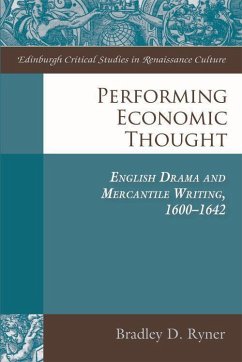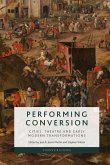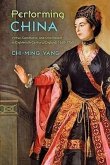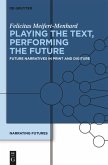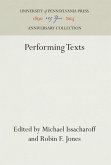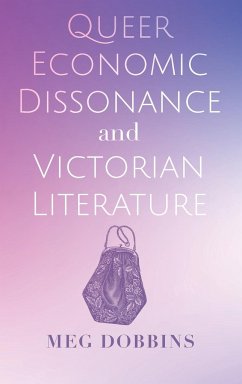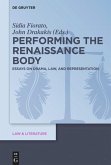Edinburgh Critical Studies in Renaissance Culture Series Editor: Lorna Hutson These original interpretations of Renaissance culture focus on literary texts in English and in a range of vernacular languages. They also deal with the reception and transformation of the Greco-Roman literary, political and intellectual heritage. 'Ryner's brilliant book shows how the early modern playhouse was a laboratory in which emerging global systems were conceptualised, dissected, tested and reassembled. Ryner invites us to re-read canonical and non-canonical drama, from Shakespeare and Jonson to Massinger and Mountfort, as intimately engaged in thought experiments that ground what we now call the economic in the resources of theatrical representation itself.' Jonathan Gil Harris, George Washington University 'Innovative and ambitious, Ryner's book demonstrates how early modern theatre staged economic thought. He brings economic and theatrical modes brilliantly into play with one another, and illuminates the relationships among cultural discourses, literary form, and the theatrical dimensions of the plays. This is an exciting book indeed.' Evelyn Tribble, University of Otago An original account of the generative relationship between economic thought and early modern dramatic form This study examines representations of economic exchange in English plays and mercantile treatises written between the chartering of the English East India Company in 1600 and the closing of the public playhouses at the outset of the English Civil War in 1642. These were crucial decades during which economic thinkers re-examined how they conceptualised and depicted commerce as a system. The book examines the formal features of treatises and plays, especially those unique to the theatrical experience (e.g., the presence of props and actors' bodies and the position of the audience relative to the staged action) that allowed economic systems to be represented differently in the playhouse than in the printed treatise. The book argues that the representational techniques available to playwrights facilitated a more insightful exploration of economic systems than those available to economic writers. Bradley D. Ryner is an Assistant Professor of English at Arizona State University. Cover design by Cathy Sprent Cover images: from Megale chymia, vel magna alchymia, by Leonard Thurneisser, 1583 [EUP logo] www.euppublishing.com
Hinweis: Dieser Artikel kann nur an eine deutsche Lieferadresse ausgeliefert werden.
Hinweis: Dieser Artikel kann nur an eine deutsche Lieferadresse ausgeliefert werden.

